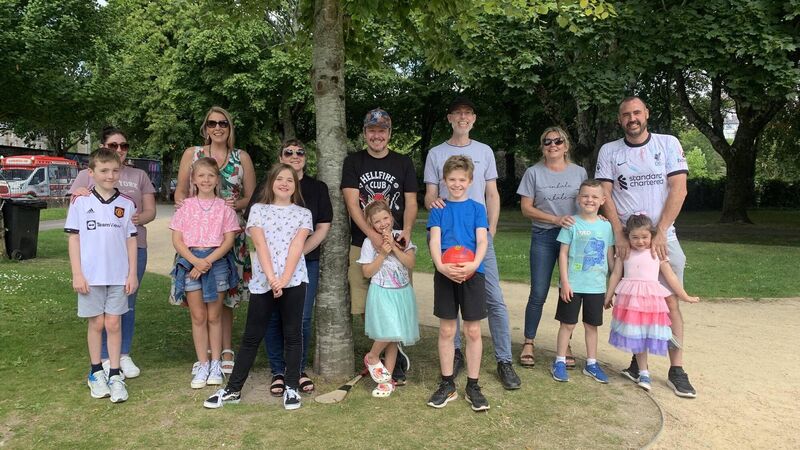ADHD Ireland moves Leeside with pop-up events available as it seeks new premises

People at an ADHD Ireland outdoor event in Fitzgerald's Park recently
Amid a huge increase in awareness and knowledge, and a shift to establishing further acceptance and accommodation in wider society, the conversation around neurodivergence including autism, ADHD, dyslexia and dyspraxia will inevitably grow louder as diagnoses continue across the age spectrum, along with demand on services and assistance.
One organisation putting together a bottom line of support on a non-profit basis is ADHD Ireland, involved in creating awareness, spreading information, providing support groups and training, as well as accrediting public institutions like primary schools for ADHD-friendliness. The group’s Cork Services Development Manager, Martin Finn — whose own ADHD presents as inattentive — talks about their work.







